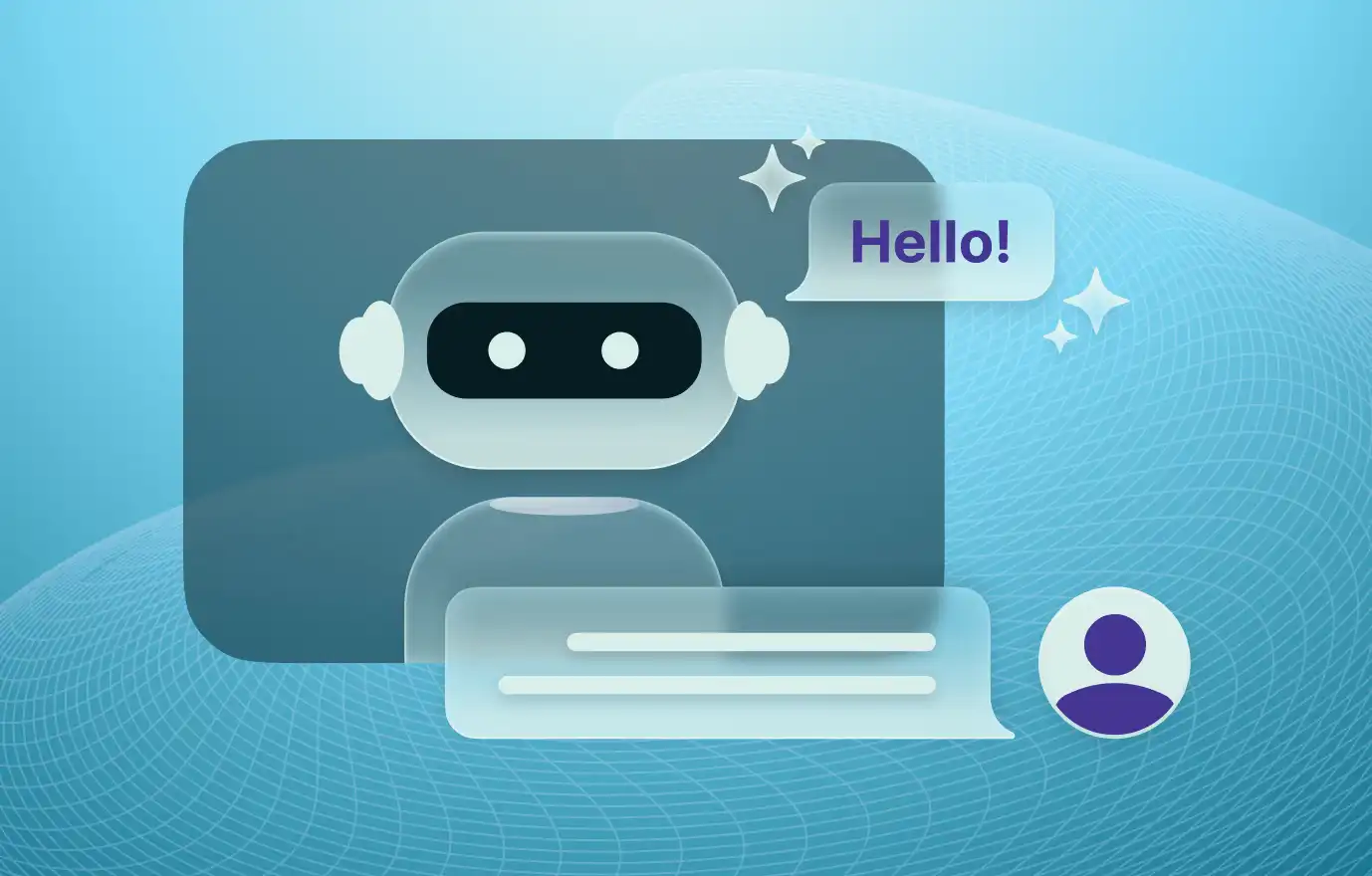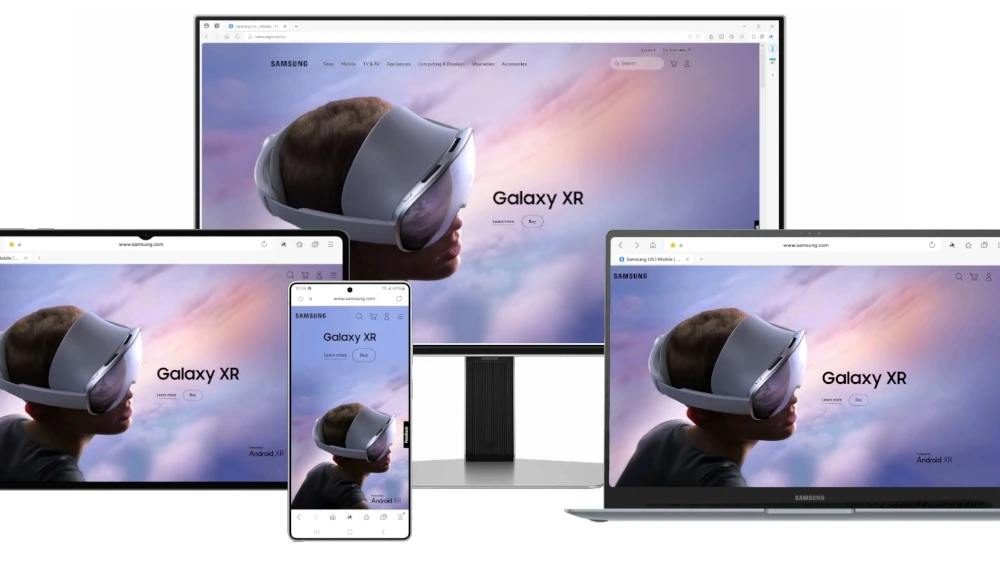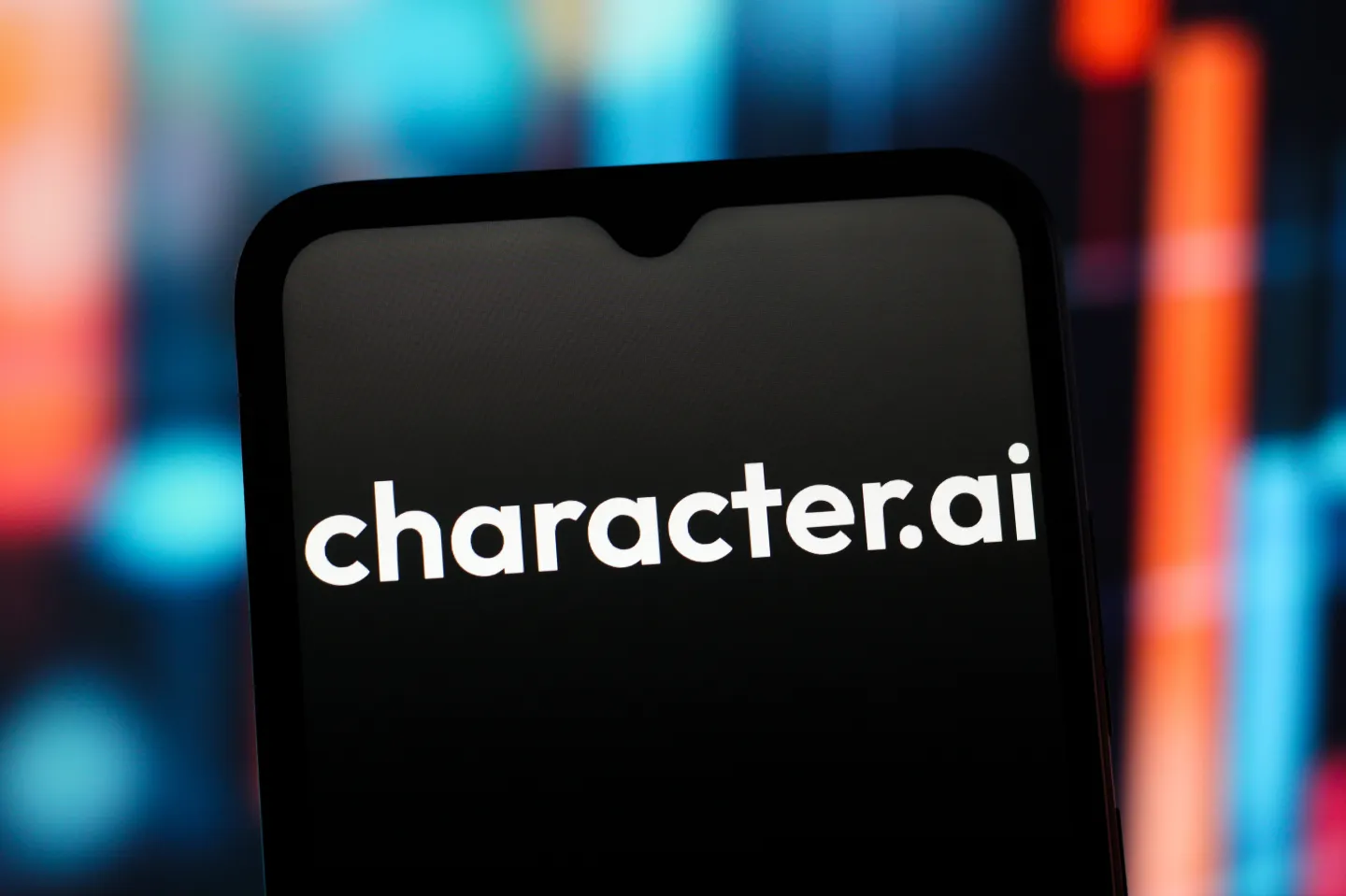Senators Push AI Chatbot Age Ban with New GUARD Act
When innovation meets regulation, who really wins?

The U.S. Senate just took a bold swing at artificial intelligence — and this time, it’s personal. A new bipartisan proposal, the GUARD Act, aims to ban anyone under 18 from using AI chatbots altogether.
Introduced by Senators Josh Hawley and Richard Blumenthal, the bill would force AI companies to verify every user’s age before allowing access — through government IDs, facial scans, or other “reasonable” methods. It’s one of the most aggressive AI safety proposals yet, designed to protect minors from manipulative or explicit chatbot behavior.
But behind the language of safety lies a deeper tension: Who decides how we interact with technology — parents, platforms, or politicians?
If passed, the GUARD Act could reshape how AI platforms like ChatGPT, Claude, or Google Gemini operate in the U.S. Each system would need built-in verification layers to confirm a user is over 18 — an expensive and privacy-heavy shift that could change how the public engages with AI tools entirely.
The bill also includes transparency rules. Chatbots must disclose they aren’t human every 30 minutes, and they’ll be prohibited from impersonating people or producing harmful or sexual content for minors. On paper, it’s about accountability. But in practice, it edges toward an AI age wall — one that blocks a generation from direct exposure to the very tools reshaping their world.
Blumenthal defended the proposal in a statement, saying, “Big Tech has betrayed any claim that we should trust companies to do the right thing on their own when they consistently put profit ahead of child safety.” It’s a hard-hitting line, but it echoes a familiar theme: regulating innovation through fear of misuse.
To be fair, concerns about AI and kids aren’t misplaced. From emotional manipulation to unsafe content generation, AI chatbots have drawn criticism for their unpredictable behavior. But the question remains — is banning access the solution, or just a shortcut to avoid building better safeguards?
If this law passes, AI companies will face not just a design challenge but a philosophical one. Can artificial intelligence remain open and educational if age barriers and ID scans become the new default? And what happens to young learners who’ve been using tools like ChatGPT for research, coding, or creative writing — not for harm, but for growth?
Technology has always pushed boundaries faster than regulation can catch up. The internet faced the same panic in its early years — chatrooms, forums, social media — all were once labeled as digital danger zones. Yet, each wave produced new innovators who learned by experimenting freely.
The GUARD Act signals a future where access itself becomes the battleground. It’s not just about safety — it’s about control, privacy, and who gets to define “responsible use” in the age of artificial intelligence.
Whether this bill becomes law or not, it’s a sign of what’s coming: AI regulation that starts not with machines, but with the people using them.
Because in the end, the fight over AI won’t be about technology.
It’ll be about who gets to touch it.
You may like recent updates...
Subscribe & Get Free Starter Pack
Subscribe and get 3 of our most templates and see the difference they make in your productivity.
Free Starter-Pack
Includes: Task Manager, Goal Tracker & AI Prompt Starter Pack
We respect your privacy. No spam, unsubscribe anytime.
Featured*

QuillBot
AI tool that improves writing with smart paraphrasing, grammar checks & image generation.

Carepatron
AI platform for managing healthcare workflows, notes, and patient collaboration.

Sanebox AI
AI tool organizes your inbox by automatically sorting emails and reducing clutter.








